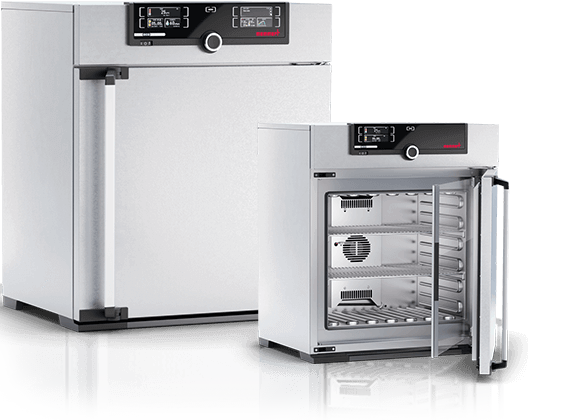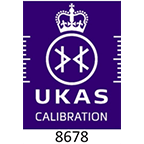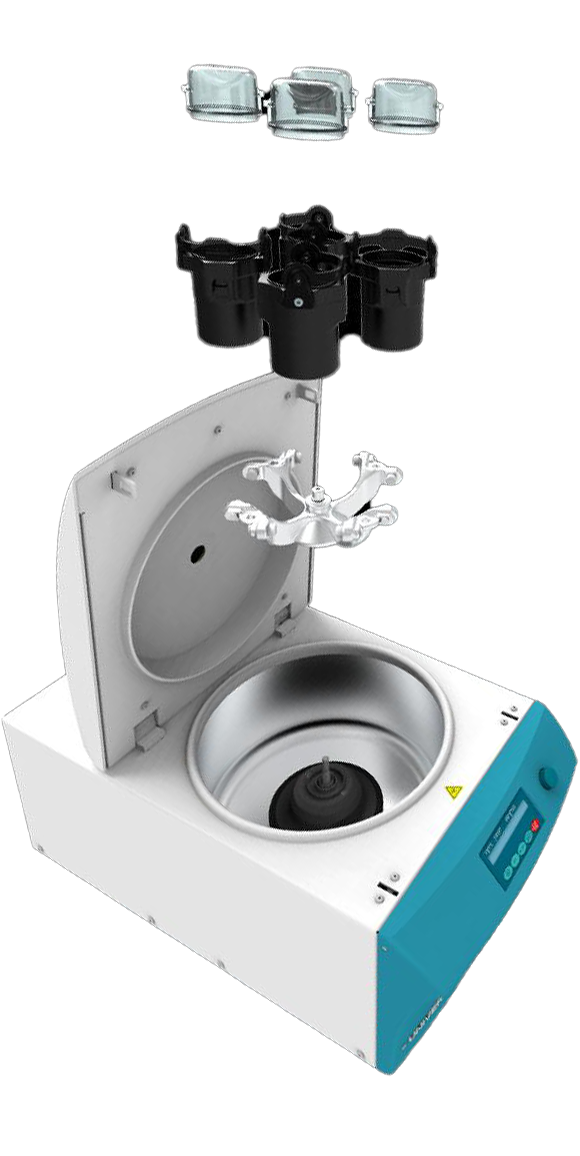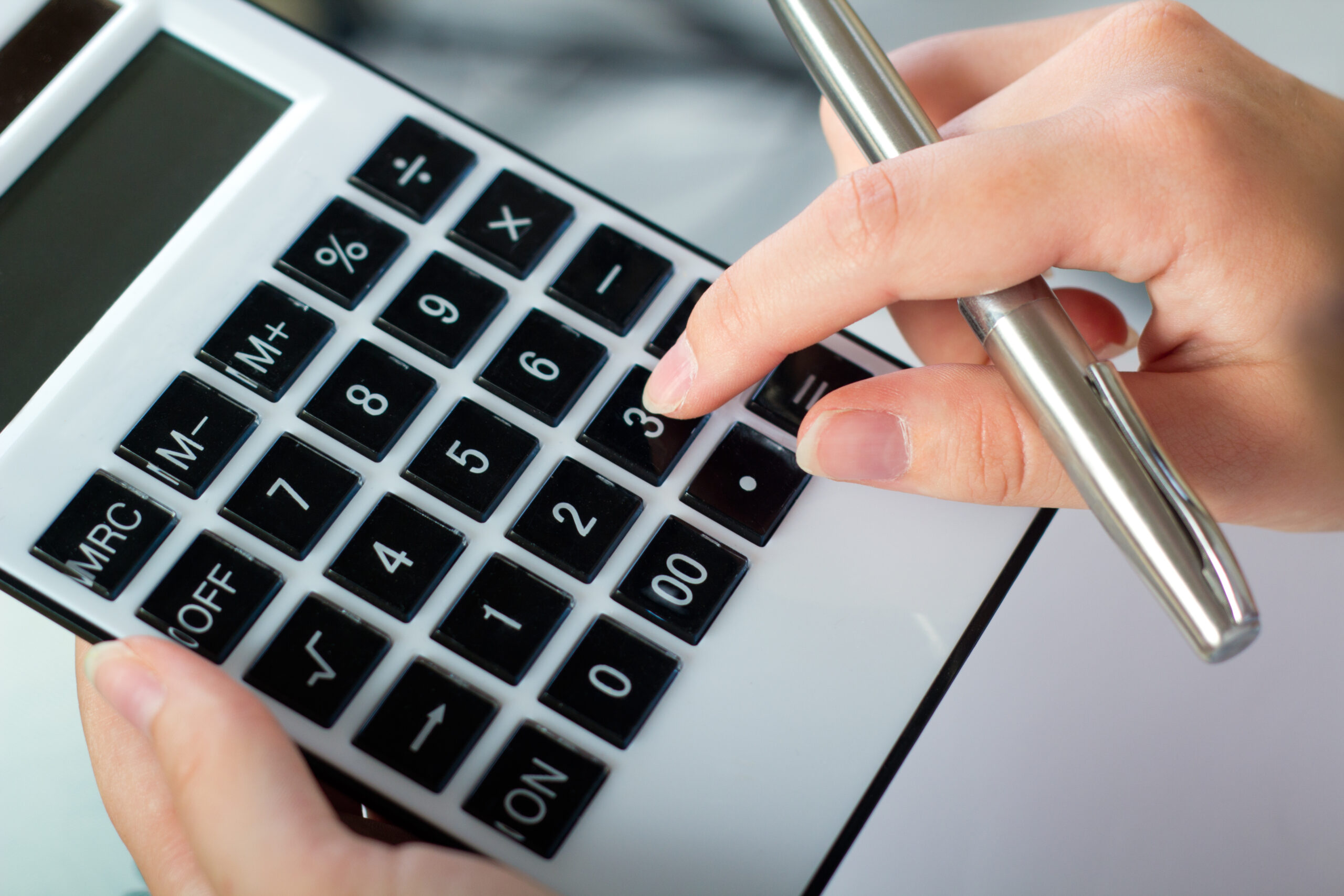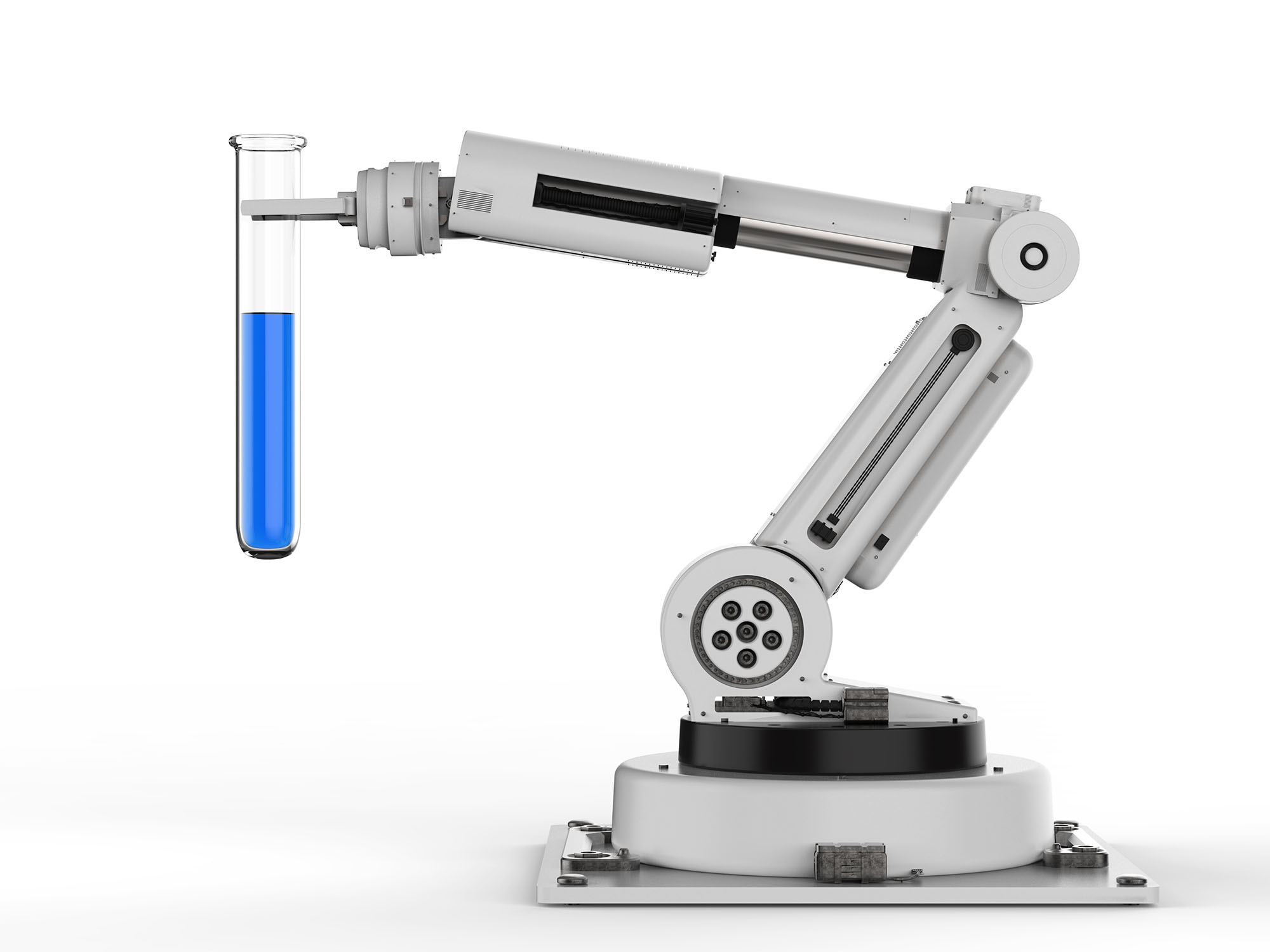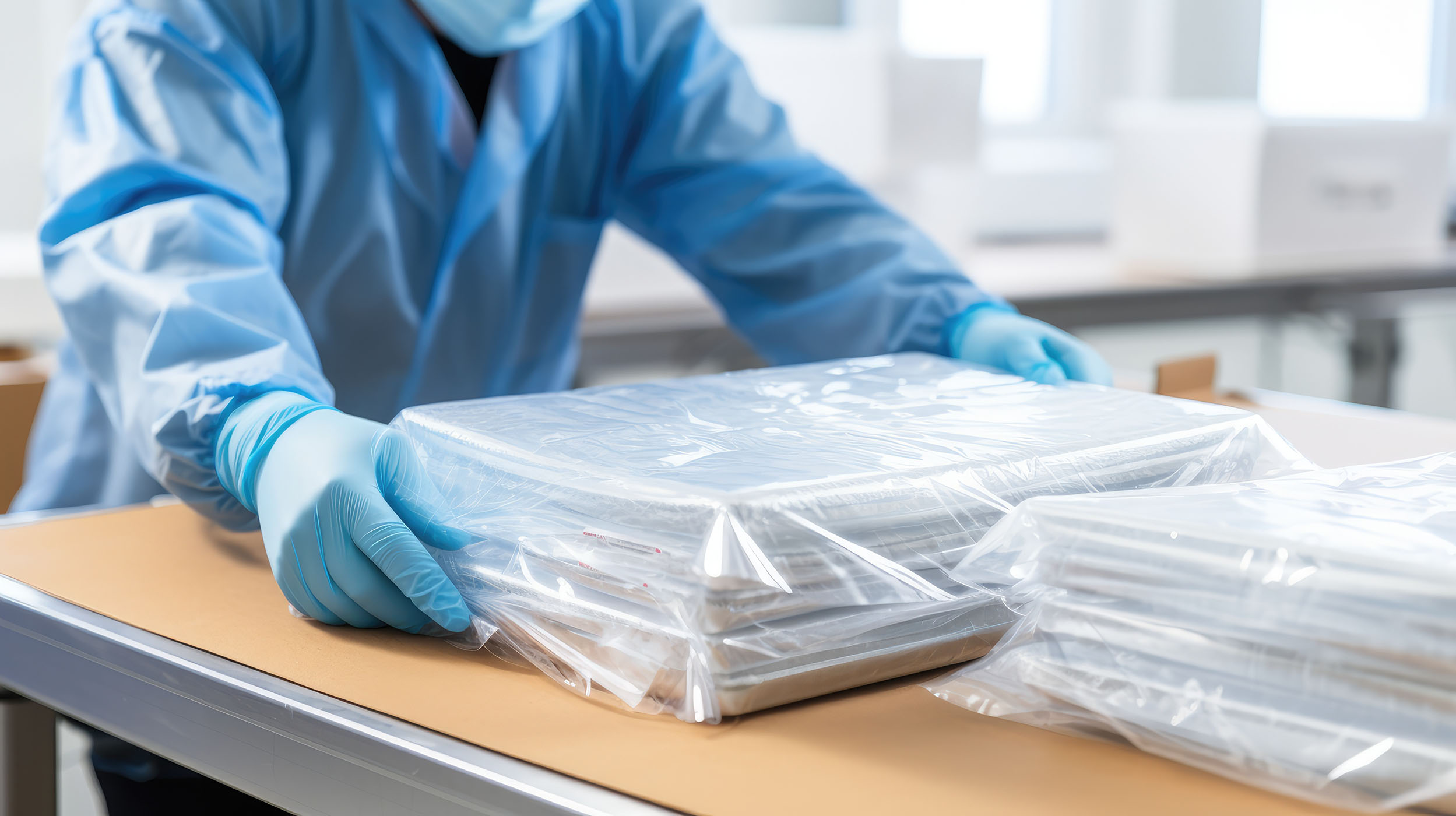Leasing laboratory equipment can be an attractive option for many laboratories, especially those with tight budget constraints and/or evolving needs. In this month’s blog, we assess the pros and cons of leasing laboratory equipment and why it may be an attractive option for some laboratory managers.
What type of laboratory equipment can be leased?
Before we can assess the pros and cons of leasing laboratory equipment, we need to understand what can be leased. Laboratory managers may want to consider leasing their high-value laboratory equipment instead of purchasing it outright. Types of equipment that can be leased are as follows:
- Centrifuges
- Incubators
- Climate chambers
- Ovens
- Freezers (especially higher cost ULT freezers)
- Refrigerators
- Heat sealers
- Ice makers
- Temperature monitoring data loggers
In fact, any high value laboratory equipment can be leased. In addition to this, you may also want to lease equipment which is likely to become out of date in the near future. Alternatively, if you know your needs are going to change with a particular piece of laboratory equipment, then it may be worth considering a leasing option.
Pros of Leasing Laboratory Equipment
Cost Efficiency
Lower Upfront Costs: Leasing typically requires less initial capital than purchasing, freeing up funds for other needs.
Predictable Expenses: Fixed monthly or quarterly lease payments make budgeting easier.
Access to Advanced Technology:
Up-to-Date Equipment: Leases often allow for upgrades, ensuring access to the latest technology without the need for significant reinvestment.
Maintenance and Support: Many leasing agreements include maintenance and support services, reducing downtime and repair costs.
Flexibility:
Scalability: Leasing makes it easier to scale equipment inventory up or down based on changing project needs.
Short-Term Needs: Ideal for temporary projects or short-term needs without the commitment of ownership.
Financial Benefits
Tax Advantages: Lease payments can often be deducted as business expenses, potentially offering tax benefits.
Conserve Credit Lines: Leasing doesn’t typically affect credit lines, preserving them for other business activities.
Cons of Leasing Laboratory Equipment
Long-Term Costs:
Higher Total Cost: Over time, leasing can be more expensive than purchasing due to accumulated payments.
No Ownership Equity: Payments do not contribute to ownership equity, which can be a disadvantage compared to buying outright.
Contractual Obligations:
Binding Agreements: Leasing contracts can be binding for a specified period, limiting flexibility to switch or stop payments without penalties.
Terms and Conditions: Lease agreements may have stringent terms regarding usage, maintenance, and returns.
Limited Customisation:
Restrictions: There may be limitations on how the equipment can be used or modified, impacting specialized applications.
Standardisation: Leasing companies might offer standard models, which may not fit specific, niche requirements of a lab.
Dependency on Suppliers:
Supplier Reliability: Dependence on the leasing company for equipment reliability, maintenance, and support can be a risk if the supplier is not dependable.
Service Interruptions: Delays or interruptions in service from the leasing company can impact laboratory operations.
Conclusion
Leasing laboratory equipment offers significant advantages in terms of cost efficiency, access to the latest technology, flexibility, and financial management. However, it can also involve higher long-term costs, binding contractual obligations, limited customisation options, and dependency on the leasing company. The decision to lease or buy should be based on a thorough assessment of the laboratory’s specific needs, financial situation and long-term goals.
How Henderson Biomedical can help
Working with our finance provider Westwon, we are able to offer leasing packages on any new and used laboratory equipment we supply. For more details on how we can help you, please contact us on 020 8663 4610 or use our online form.
Image design by Freepik
